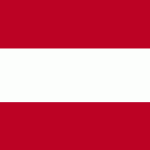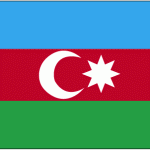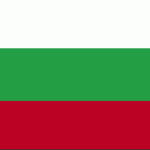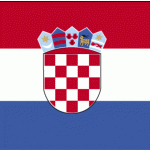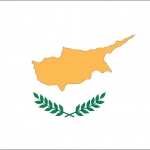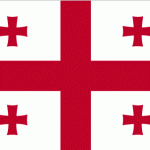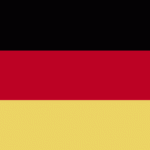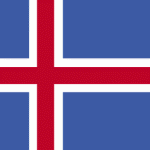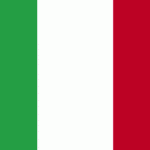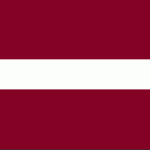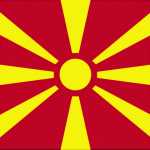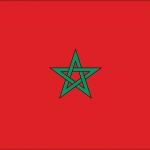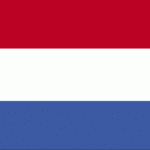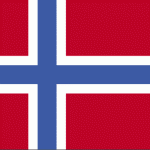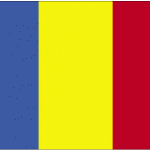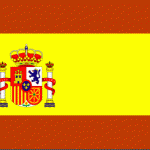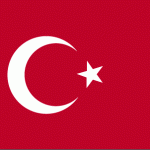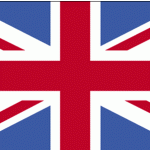WHO REALLY OWNS THE MEDIA?
IN ONLY 9 OUT OF 20 COUNTRIES CAN THE PUBLIC FIND OUT WHO THE
REAL OWNERS OF THE BROADCAST MEDIA ARE
YOU HAVE A RIGHT TO KNOW!
Why do we want this information?
Do you still have questions about why we need to know who owns the media? Check out our FAQs!
THE TEN RECOMMENDATIONS ON
TRANSPARENCY OF MEDIA OWNERSHIP
1. Disclosure of essential basic information
2. Information is findable and free
3. Information is regularly updated
4. Data is reusable and in open formats
5. Progressive increase in transparency
6. Transparency of influence
7. Clear and precise legal framework
8. Oversight by an independent body
9. Direct disclosure to the public
10. Transnational access and comparability
Download the Recommendations in full (.pdf), and scroll down for the country-by-country analysis
WHO ELSE THINKS TRANSPARENCY OF THE MEDIA
IS IMPORTANT?
Media transparency is important for those who are consuming media. If I’m reading a newspaper, or watching television, I would like to know who is providing me with this information.
Media products can affect and influence the way people think, what decisions people take, and so knowing who is behind the media, or a media enterprise, is key to a transparent society.
Every media transports some kind of opinión, some kind of mindset, and since media are so strongly involved in the creation of mindsets, in the influence of what people think, it’s important to know who are the people that tell you what to think.
I can’t think of any reason at all why the public or society at large should not know who owns any media organisation.
The civil society has the right to know who is speaking to them.
The media scene has changed globally, everywhere, and you have a situation where there’s so many ways of sophisticated pressures.
Country-by-Country Research and Analysis
Contact us if you are interested in researching the transparency of media ownership in your country.
WHO ENDORSES THE RECOMMENDATIONS AND
JOINED THE CAMPAIGN?
Check out who else has signed up to support the recommendations
International CSOs
Access Info Europe
African Initiative for Communication and Freedom of Expression
Corporate Europe Observatory
Freedom Forum
Open Society Program on Independent Journalism
Publish What You Pay
Sunlight Foundation
The MediaWise Trust
Universal Rights Network
Xchange Perspectives e.V.
Individuals
Ana Revuelta Alonso, Researcher
Carlos Pallarol, Journalist
Reynaldo Castro Melgarejo, Researcher
Media
Eldiario.es
Private companies
Openwise PC
National and other CSOs
ACEP
ALBANIAN MEDIA INSTITUTE
Amis de la Terre Isère
Association Funky Citizens
Association of Journalists of Macedonia
Bangladesh NGOs Network for Radio & Communication (BNNRC)
Berne Declaration / Erklärung von Bern
Campaign for Press and Broadcasting Freedom
CDDI
Civil Control for Animal Defense
Civio Foundation
D.A.T.A.
European Federation of Journalists
Forum Informationsfreiheit
Fundación Civiliter
Fundación Economistas sin Fronteras
GONG
Independent Association of Georgian Journalists
Independent Media Trade Union of Ukraine
Informace pro vsechny
Institute for Development of Freedom of Information (IDFI)
Investigative Journalism Center, Zagreb-Croatiater
K-Monitor (Hungary)
Media Reform Coalition
Mertek Media Monitor
National Council for Radio and Television (Greece)
Nexus Research
ONG Moral
Opcions
Palestinian center for development and media freedoms-mada
Peace Institute Ljubljana
Press Council of Kosovo
Press Institute of Mongolia
Public Association Center for Promotion of Freedom of Expression and Access to Information
Qué hacen los diputados
République Citoyenne
Right to Information Assesment and Advocacy Group
Solidaridad Postal
Transparency International Ukraine
MEDIA OWNERSHIP TRANSPARENCY LATEST NEWS
Report on Transparency of Media Ownership
Madrid, 3 October 2014 - Citizens are unable to establish who owns or controls the media operating in their country because of none or limited media specific or general disclosure provisions, accroding to one of the key findings of a report on The Transparency of Media Ownership in the European Union and Neighbouring States. The report is based on a
Country case study: United Kingdom
Is media ownership transparent? In law YES FOR BROADCAST MEDIA ONLY In practice NO IN LAW Under the Broadcasting Act 1990 and Communications Act 2003 it is possible to find out who owns the broadcast media through information reported to media authority, the Office for Communications (Ofcom). The law does not state what information should be disclosed but leaves it
Country case study: Norway
Is media ownership transparent? In law YES In practice NO IN LAW According to the law, it is possible to finds out who owns print, broadcast and online media in Norway through information reported to the Norwegian Media Authority. Under the 1997 Media Ownership Act, on the request of the Norwegian Media Authority, all media must report sufficient information for
Country case study: Georgia
Is media ownership transparent? In law YES FOR BROADCAST MEDIA ONLY In practice NO IN LAW According to the law, it is possible to finds out who owns broadcast media only in Georgia through information reported to the media authority, Georgian National Communications Council (GNCC), and directly to the public. As a result of amendments to the Law on Broadcasting
Country case study: Croatia
Is media ownership transparent? In law YES In practice NO IN LAW According to amendments to the Media Law (2011) and the Electronic Media Law (2012), it is possible to finds out who owns print, broadcast and online media in Croatia through information reported to: the relevant media authorities; directly to the public; or to corporate /trade registers. Through the
Country case study: Austria
Is media ownership transparent? In law YES In practice YES IN LAW According Media Law, as amended in 2011, it is possible to finds out who owns print, online and broadcast media through information reported directly to the public. All media must disclose directly to the public enough information for their real owners to be identified, including information on all

